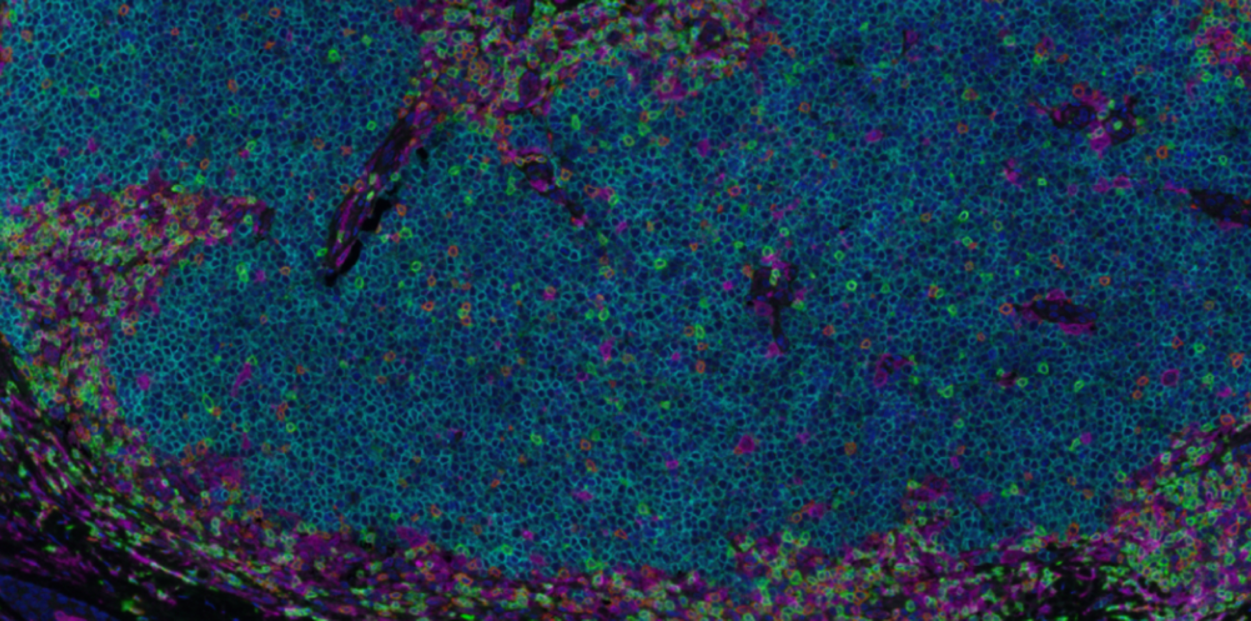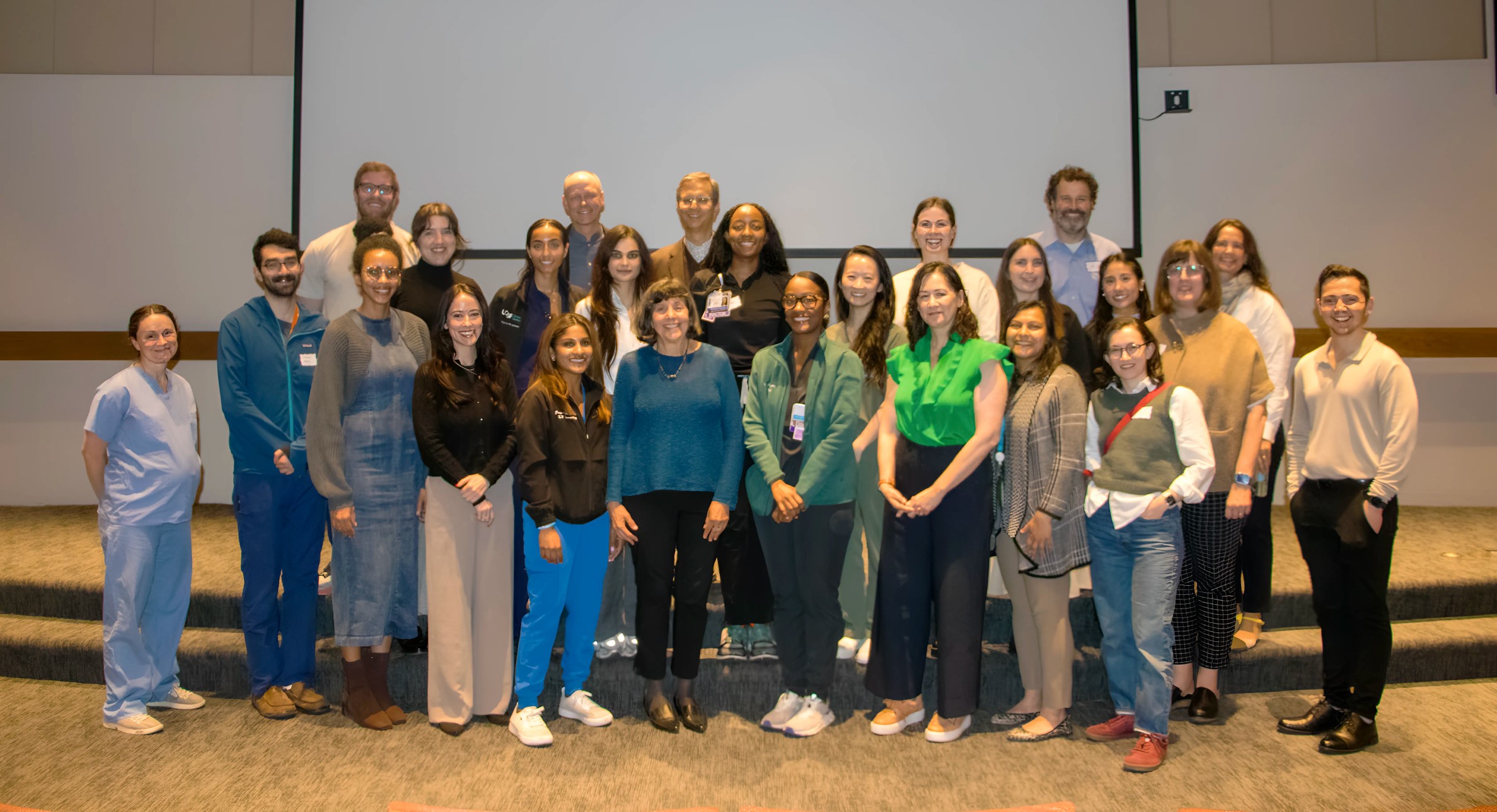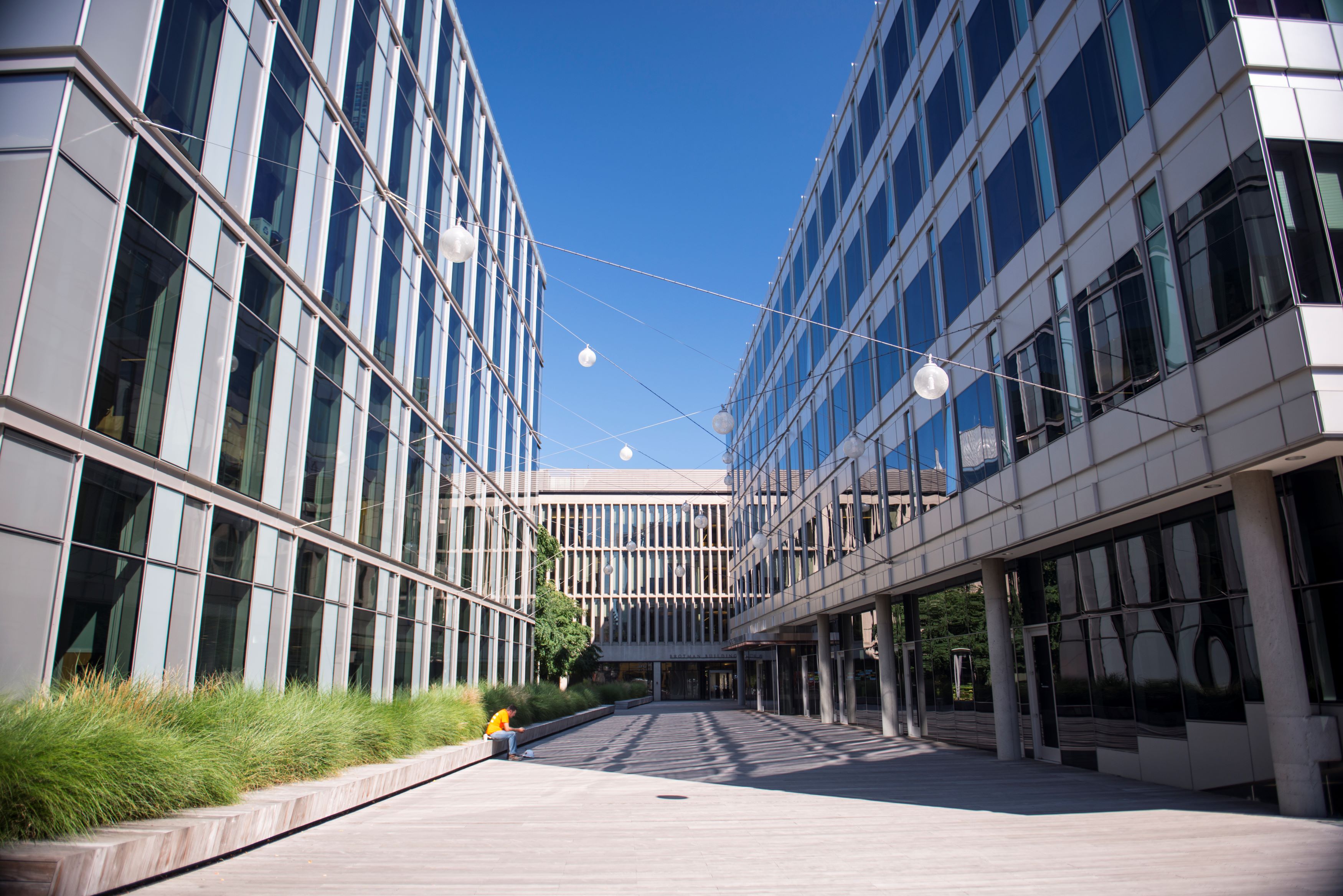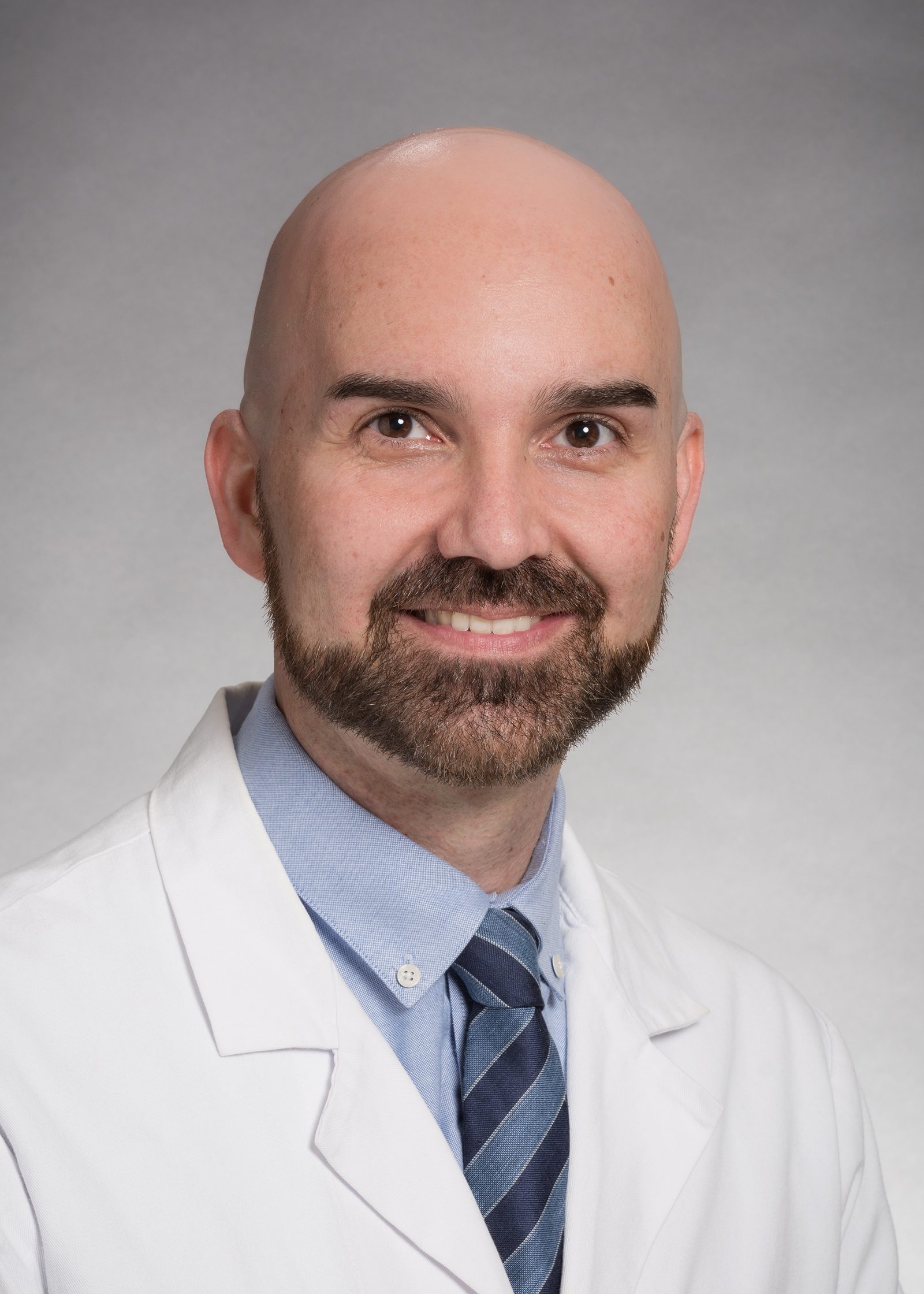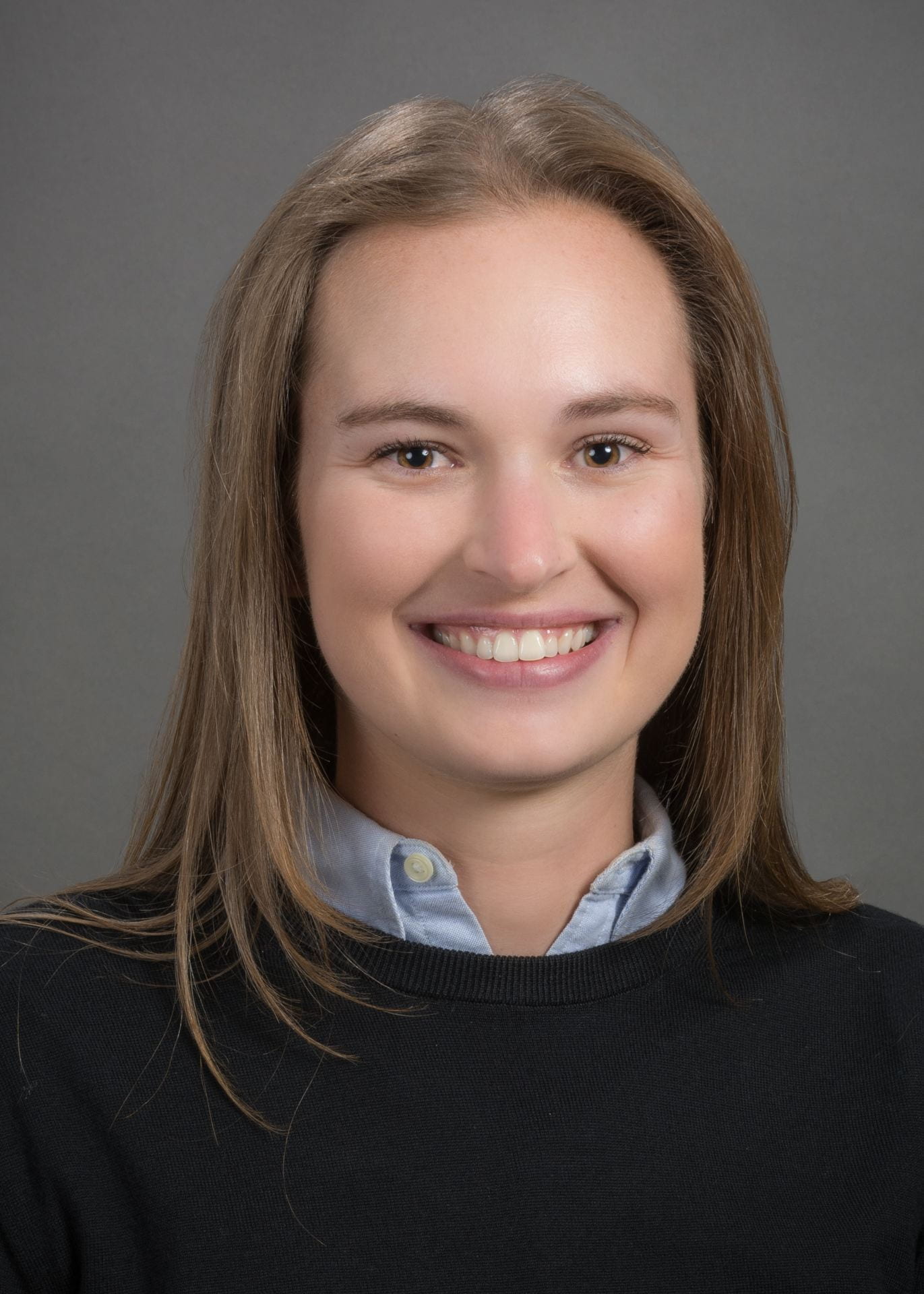Dr. Tomoko Akaike Reflects on Clinical Research Fellowship at UW Dermatology
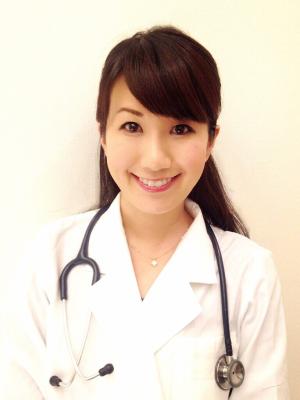
 Tomoko Akaike, MD, (she, her, hers), first came to the UW Medicine Division of Dermatology in March 2018 after being selected to become a Clinical Research Fellow in the laboratory of Paul Nghiem, MD, PhD, Head of the Division of Dermatology and a nationally recognized leader in Merkel cell carcinoma research.
Tomoko Akaike, MD, (she, her, hers), first came to the UW Medicine Division of Dermatology in March 2018 after being selected to become a Clinical Research Fellow in the laboratory of Paul Nghiem, MD, PhD, Head of the Division of Dermatology and a nationally recognized leader in Merkel cell carcinoma research.
Originally from Japan, since joining UW Dermatology, Dr. Akaike's contributions have helped make strides in MCC research.
As Dr. Akaike’s fellowship comes to an end in February 2022, she reflects on her time at UW Dermatology and gives advice to those considering a similar career path.
Please Note: UW Dermatology is currently seeking individuals looking for 1-2 dedicated years of paid research experience as a Clinical Research Fellow; see details below.
When did you first become interested in studying medicine, and why did you choose to apply to UW Dermatology’s Clinical Research Fellowship program?
I grew up in Japan where I studied and practiced medicine. At the age of 15, I had a very positive and influential exposure to medicine in the US when I became ill while studying in Hawaii. I was treated with kindness and was impressed by the excellent care I received. Since that teenage experience, my dream has been to become an academic physician/investigator in the US.
After my resident and fellow training in Japan, my husband started his residency in the UW Medicine Department of Radiology. I was very interested in skin oncology and found Dr. Nghiem leading multiple impactful clinical trials. I was keen to join his team and applied to this position.
What is your research focused on?
I have been involved in translational research projects focusing on Merkel cell carcinoma (MCC), an aggressive skin cancer with interests in cell cycle checkpoints, molecular biology, and immunology. I am also involved in a phase 2 multicenter study (CITN-09/KEYNOTE-017 trial: NCT02267603) to characterize long-term outcomes in advanced MCC patients treated with pembrolizumab (anti-PD-1), a humanized antibody used in cancer immunotherapy. This study explores factors associated with survival, as well as the effects of salvage therapies in PD-1-refractory MCC patients.
What did you enjoy most about your time with the Nghiem Lab Research Team?
It is crucial to have a great mentor, especially at an early stage of career development. Dr. Nghiem is hands down a superb mentor, and I feel very fortunate to work with him and the Nghiem Lab team. Dr. Nghiem cares deeply for all his team members, staff, and patients, and sets aside time to give constructive feedback. Through this process, we have identified my strengths and weaknesses and set goals for improvement, which keeps me moving forward.
What are you proud of from your time working as a Clinical Research Fellow?
I am proud of being involved in ongoing translational research and clinical trials on Merkel cell carcinoma, which directly impacts patient management and quality of life. To date, I have been involved in seven publications in peer-reviewed journals and one book chapter. I also had the opportunity to attend national and international meetings as a speaker.
One of the most memorable presentations was at the 2019 American Academy of Dermatology Annual Meeting Resident and Fellows Symposium, where I received the Everett C. Fox, MD Memorial Lecture Award and Grant. However, the most rewarding aspect of the fellowship has been seeing patients appreciate our care and research.
Why do you think residents should consider applying to the Nghiem Lab’s Clinical Research Fellowship?
This is an excellent opportunity for those interested in the dermatology and oncology field. Clinical research fellows can learn more about Merkel cell carcinoma and the basics of clinical and translational research in a collegial atmosphere with solid mentorship and great team members.
What advice would you give to residents considering applying to the Nghiem Lab’s Clinical Research Fellowship?
I think it is important to know that it takes time to complete research projects. It might be longer than you expect. If you start facing challenging issues, our team can help find solutions by reframing them. I would also suggest visualizing your goals as clearly and concisely as possible and reviewing them frequently, such as once a month.
What are your goals after you complete your fellowship?
My next goal is to become an academic dermatologist/investigator at the University of Washington. I would like to keep participating in skin oncology research while independently seeing patients in the clinic.
Apply to Become a Clinical Research Fellow
The UW Medicine Division of Dermatology has an outstanding opportunity for individuals looking for 1-2 dedicated years of paid research experience as a Clinical Research Fellow in the Nghiem Lab, overseen by Dr. Paul Nghiem, Head of the Division of Dermatology. This is a fulltime, one-year position (renewable for up to three years). Learn More & Apply.



